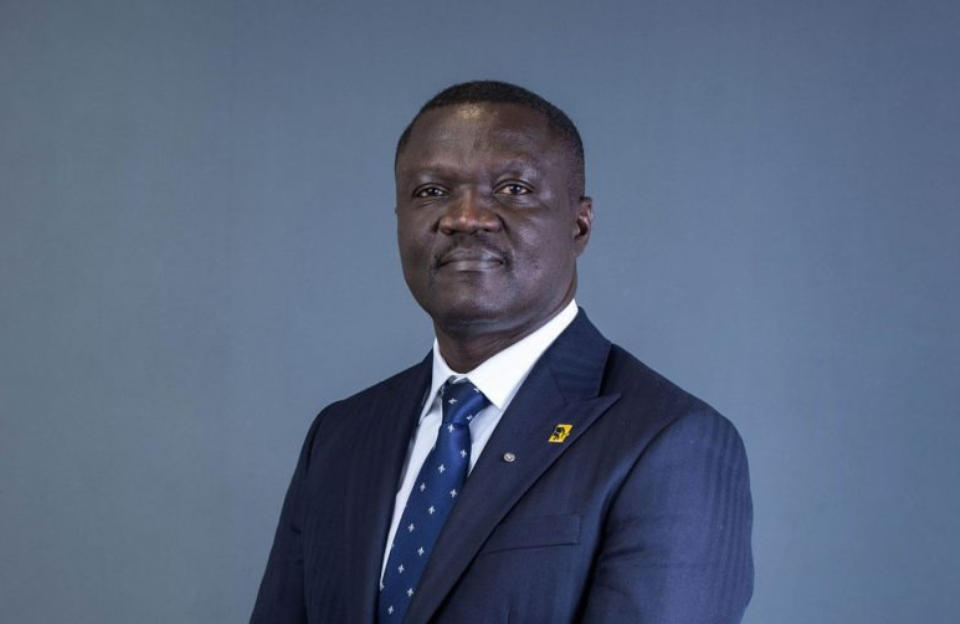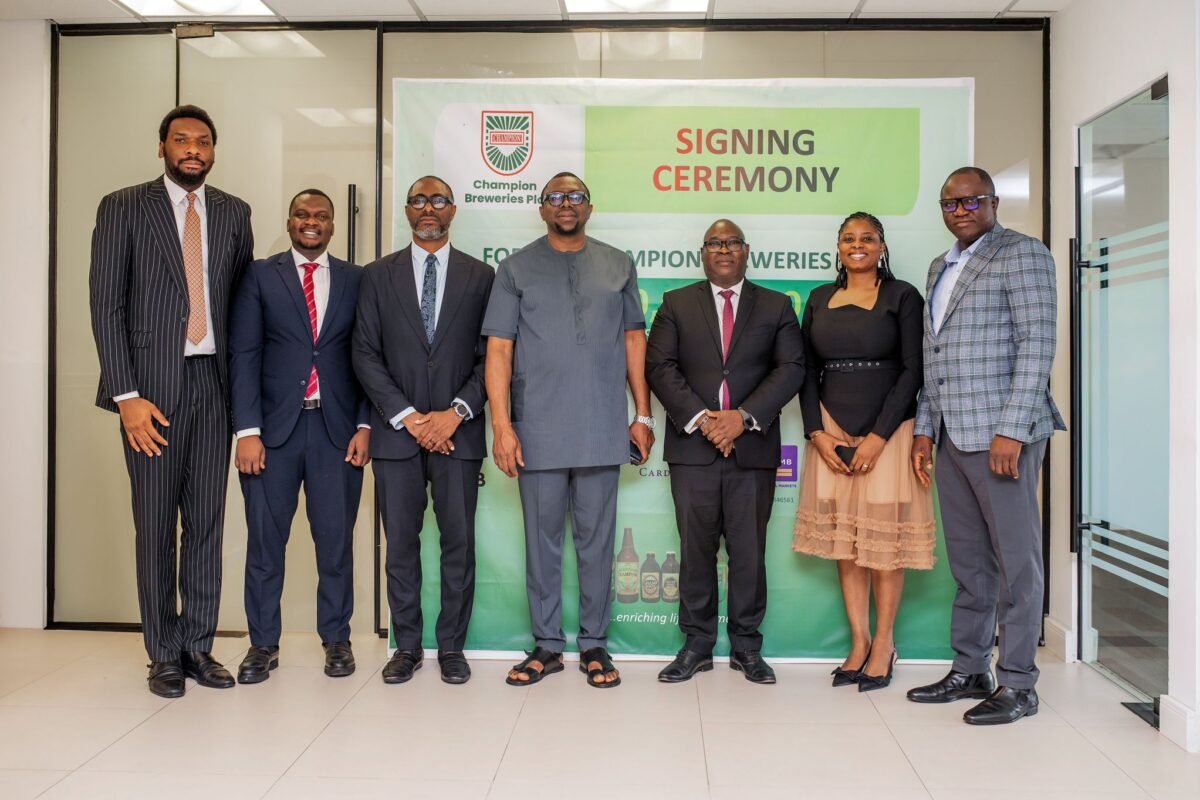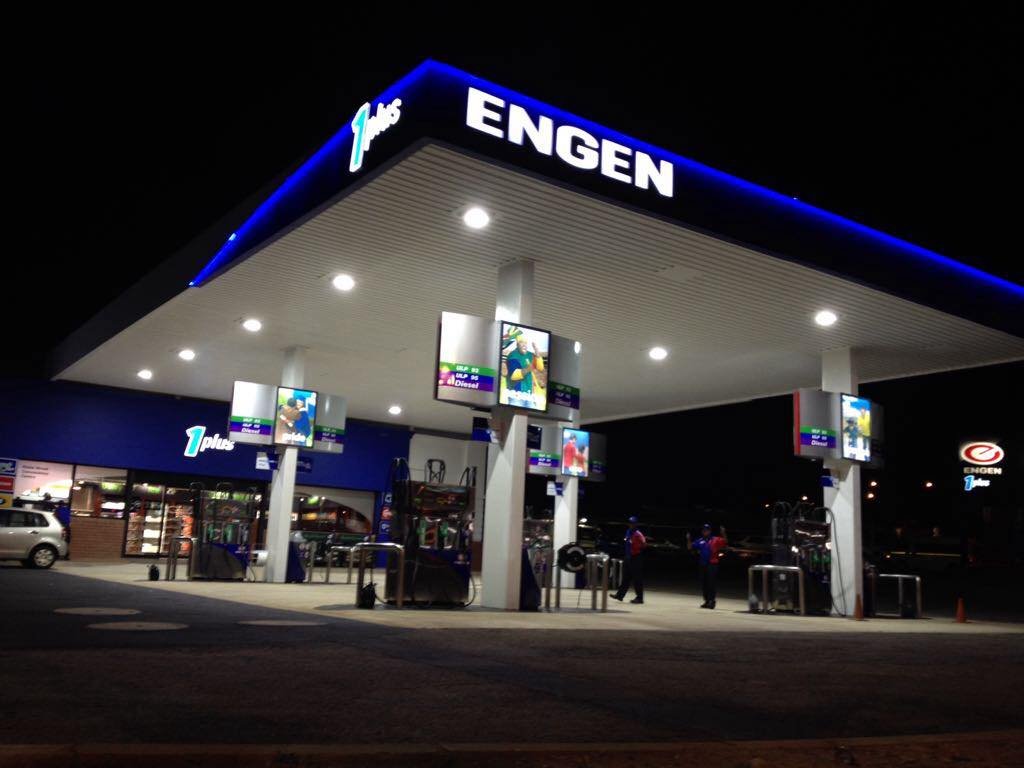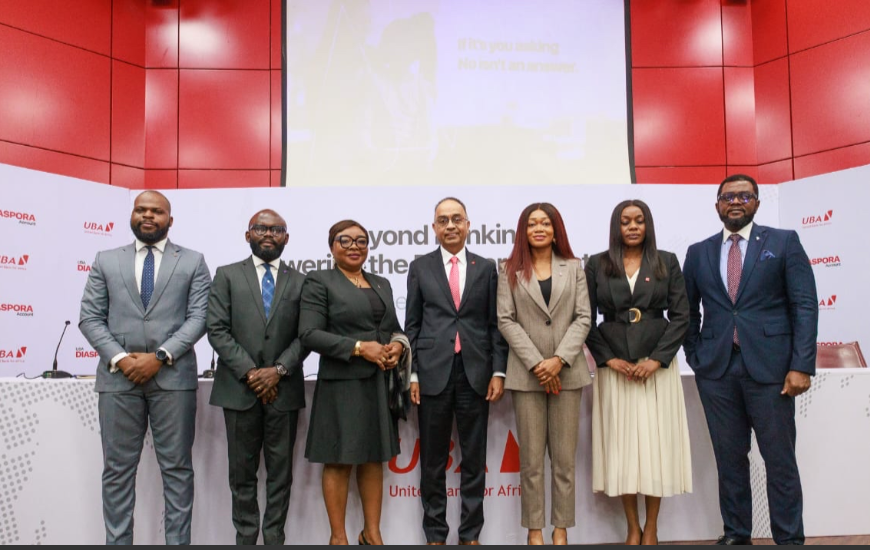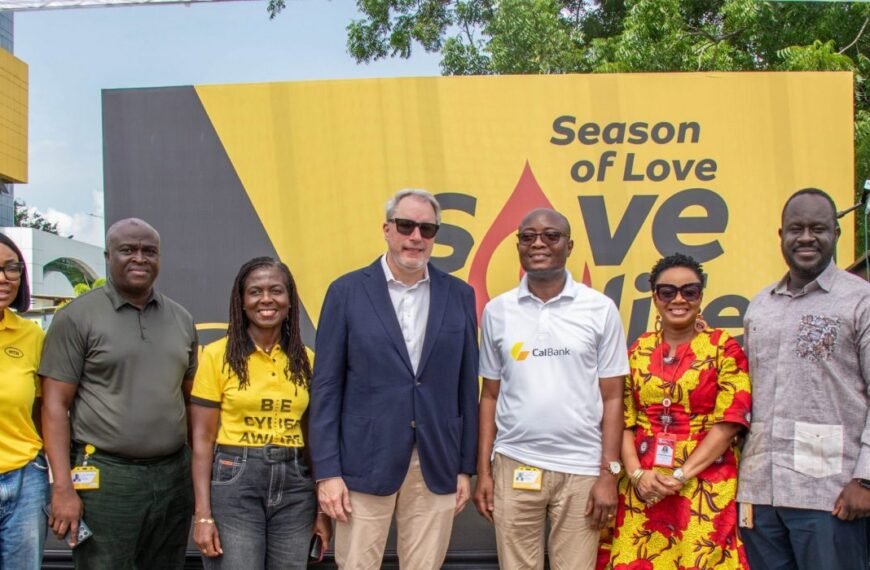
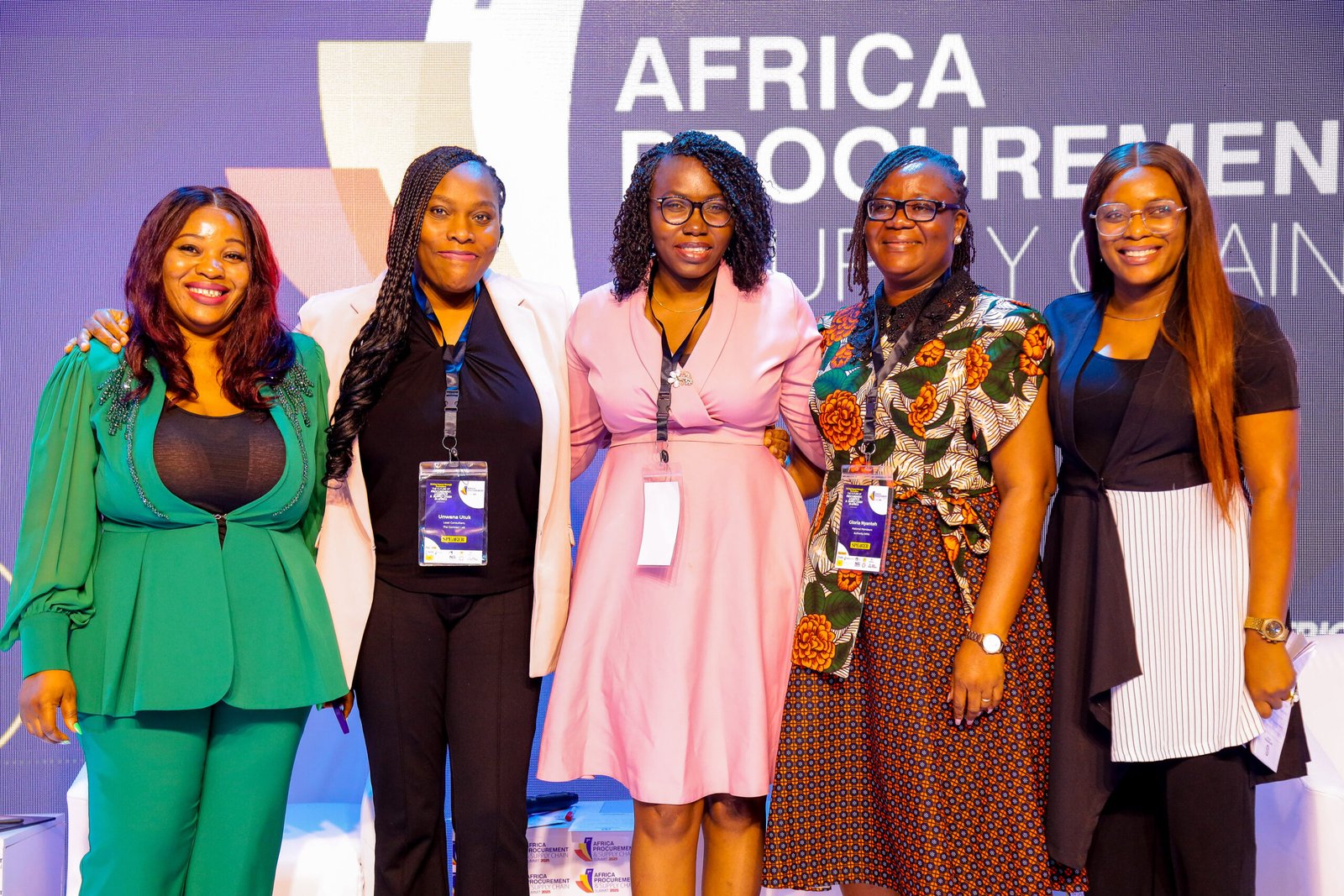
Women leaders champion gender equity at 7th Africa Procurement Summit
The 7th Africa Procurement and Supply Chain Summit, held on July 3, 2025, at the Lagos Oriental Hotel, featured a dynamic women-only panel that ignited discussions on gender equity, urging mentorship and policy reforms to empower women in supply chains.
The summit convened industry leaders, government officials, and experts from across the continent to shape the future of procurement under the theme “Driving Impact through Innovation: The Future of Procurement & Supply Chain in Africa.”
The panel, which was anchored by Carol Opata-Hogan, Executive Director of InstinctWave, included Unwana Utuk (Supply Chain Expert), Nkechi Esechie (Business Procurement Manager, Pladis Foods Nigeria), Gloria Nyanteh (Head of Procurement, National Petroleum Authority, Ghana), and Lucy James Abagi (CEO, Public and Private Development Centre).
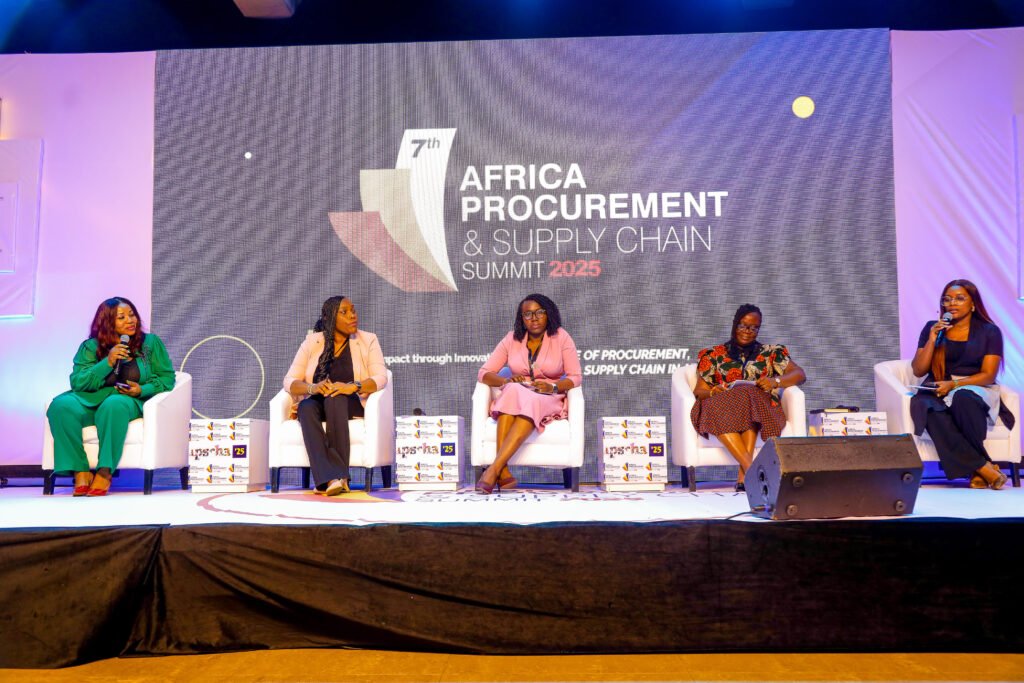
When asked about her journey, Lucy James Abagi shared, “At PPDC, we enhance women’s participation in public procurement through gender-responsive strategies. Our work with UN Women revealed barriers like lack of compliance, prompting tailored training to boost women’s capacity.” Gloria Nyanteh, reflecting on her path, said, “Procurement wasn’t my plan, but 15 years at NPA showed me its dynamic, regulated nature. It’s not monotonous; every procurement teaches something new.”
ALSO READ: STANDARD CHARTERED ADVISES TOTALENERGIES ON OML118 DIVESTMENT
On strategies to increase women’s participation, Unwana Utuk emphasized, “My organization prioritized ESG policies, reviewing standards to include women without lowering the bar. My podcast, Legally Minded Woman, teaches women to bid effectively and comply with regulations.” Nkechi Esechie added, “We pushed for gender parity by mentoring women and fostering inclusive hiring. I’ve seen young women rise, inspired by our efforts to give them a voice.”
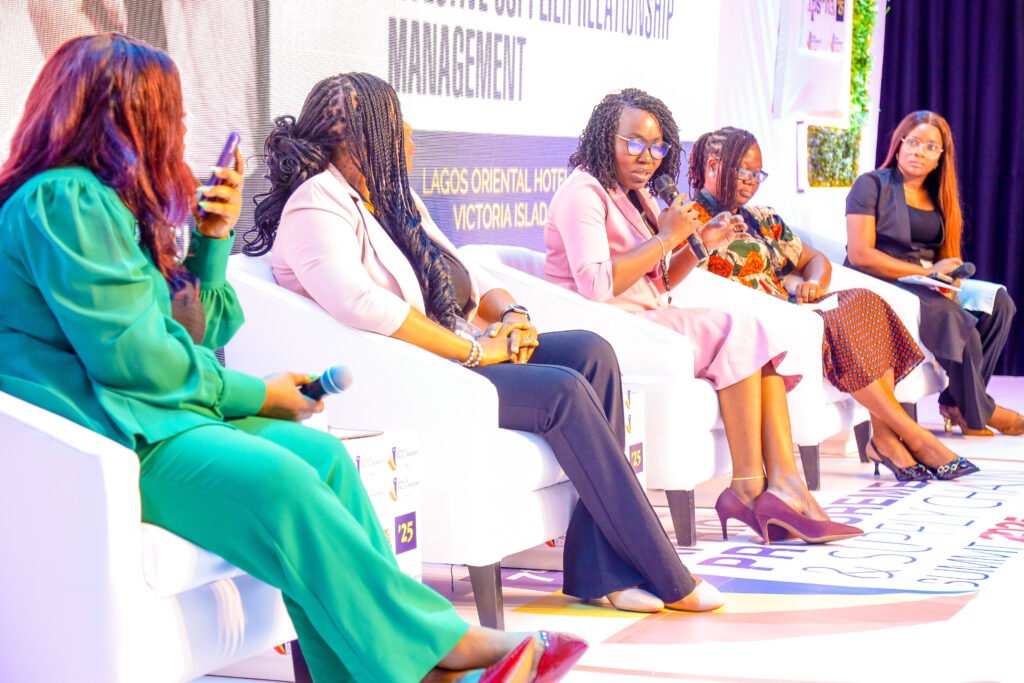
Addressing women in leadership, Nyanteh noted, “At NPA, nine of 23 management roles are held by women. Our HR policies sponsor certifications equally, empowering women to lead.” Abagi highlighted, “We train women business owners on compliance, bridging gaps in tax documentation to enable their participation in procurement.”
Navigating gender challenges, Nyanteh stated, “In 20 years in oil and gas, confidence has shielded me from bias. Do your part well, and no one can diminish you.” Esechie shared, “In engineering, I faced skepticism, but mentorship and persistence helped me prove my worth.” The panel’s insights underscored the need for systemic change to drive gender equity in Africa’s supply chain sector.

